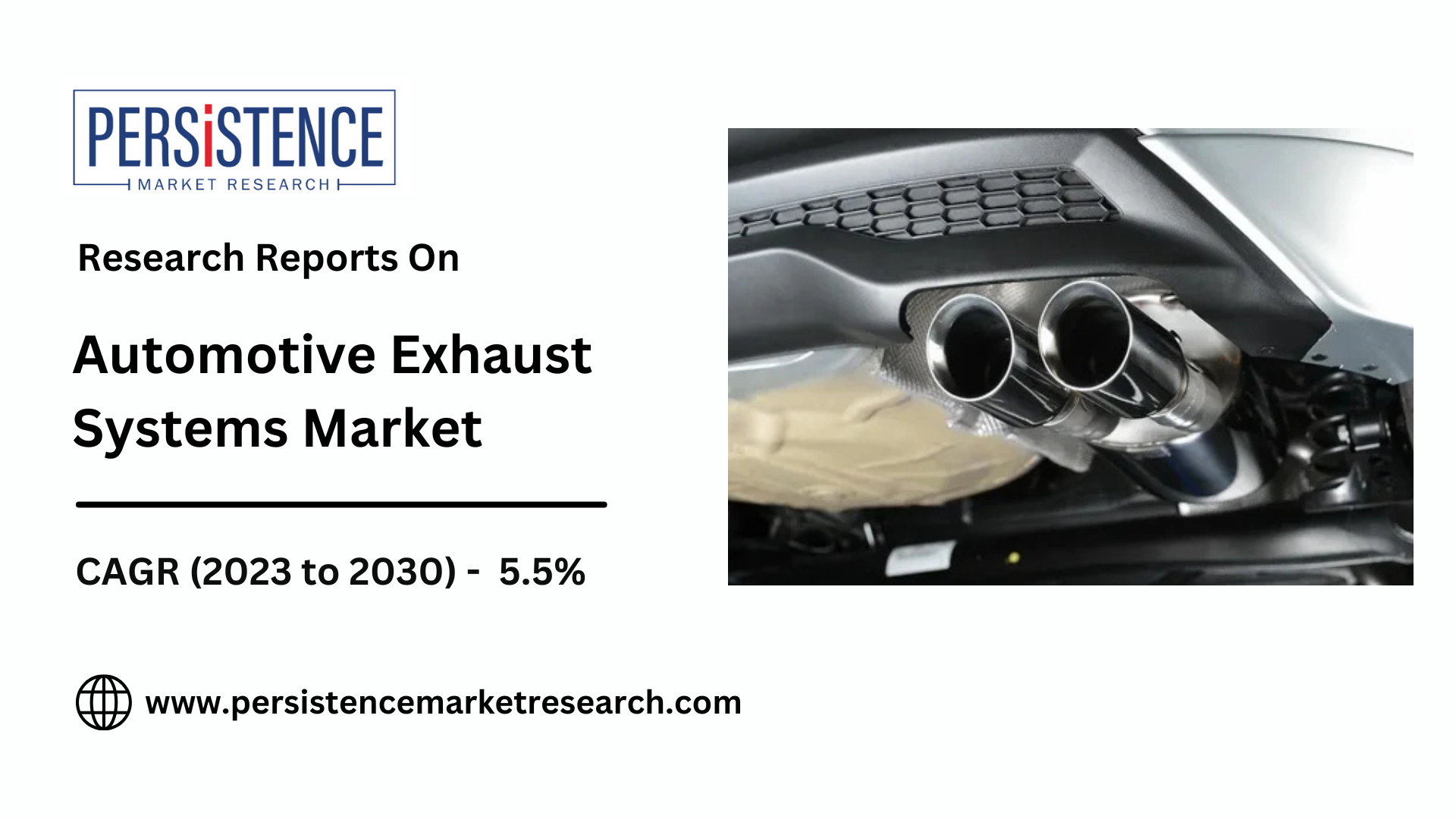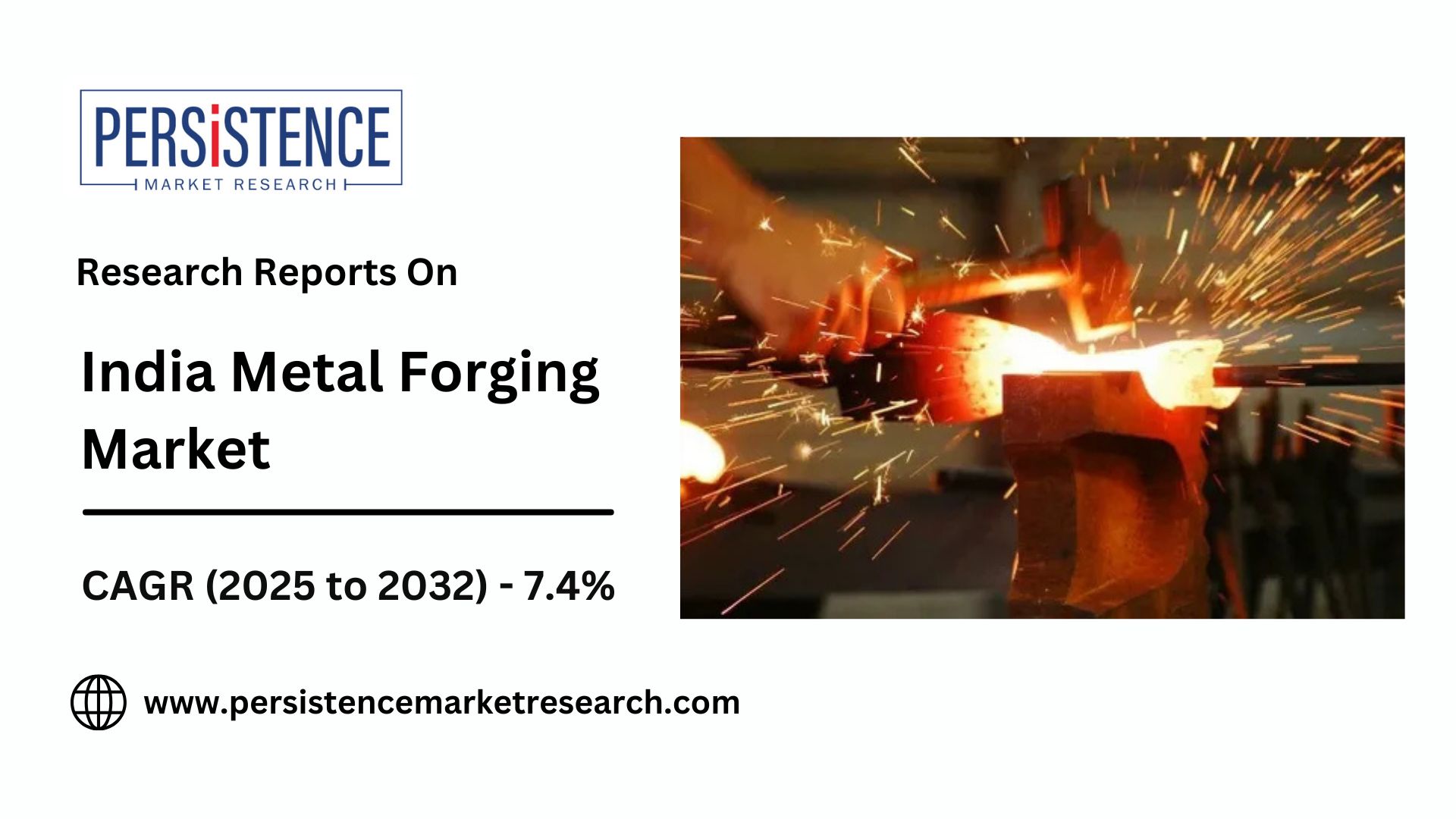Asia Pacific Emerges as Fastest-Growing Automotive Exhaust Systems Market

Strong 8k brings an ultra-HD IPTV experience to your living room and your pocket.
The global automotive exhaust systems market is poised for significant growth, with a forecasted CAGR of 5.5%, expanding from US$46.2 billion in 2023 to US$67.2 billion by 2030. This growth is driven by stricter emission regulations worldwide, pushing manufacturers to adopt advanced technologies such as lightweight materials and selective catalytic reduction. Additionally, rising consumer awareness of environmental sustainability is steering demand towards vehicles equipped with efficient, eco-friendly exhaust systems. The ongoing shift to electric vehicles also presents opportunities for innovation within the conventional exhaust systems market.
The automotive exhaust systems market is undergoing rapid transformation, driven by stringent emissions regulations, the rise of electric and hybrid vehicles, and growing consumer awareness about environmental impacts. Among global regions, Asia Pacific has emerged as the fastest-growing market for automotive exhaust systems, setting the pace for innovation and development. Below, we delve into the factors driving this growth, the challenges, and the future outlook for the industry.
Asia Pacific's Economic Expansion Drives Automotive Growth
The Asia Pacific region has seen exponential economic growth over the past two decades, fostering the development of infrastructure and urbanization. As disposable incomes rise across countries like China, India, and Southeast Asian nations, the demand for automobiles has surged. This increasing vehicle production has directly influenced the automotive exhaust systems market.
Governments in the region have also launched initiatives to attract foreign investment in the automotive sector, further accelerating local manufacturing. This boom has positioned Asia Pacific as a global automotive hub, requiring advanced exhaust systems to meet both local and international standards.
Stricter Emission Regulations Propel Market Expansion
A significant driver for the Asia Pacific automotive exhaust systems market is the implementation of stricter emission norms. Countries like China and India have adopted emission standards such as China 6 and Bharat Stage VI, aligning themselves with international benchmarks. These regulations mandate reduced nitrogen oxide (NOx), carbon dioxide (CO2), and particulate matter emissions, pushing automakers to integrate high-efficiency exhaust systems.
Advanced exhaust systems, including catalytic converters, diesel particulate filters (DPF), and selective catalytic reduction (SCR) systems, are now standard features in vehicles manufactured in the region. This regulatory push has created lucrative opportunities for exhaust system manufacturers.
Rise of Hybrid and Electric Vehicles (EVs) Sparks Innovation
While traditional internal combustion engine (ICE) vehicles still dominate the market, hybrid and electric vehicles (EVs) are witnessing exponential growth in Asia Pacific. Automakers are increasingly incorporating innovative exhaust systems in hybrid vehicles to optimize engine performance and reduce emissions.
Although EVs eliminate the need for conventional exhaust systems, their rise has driven exhaust system manufacturers to innovate, producing lightweight, efficient, and compact designs for hybrid and plug-in hybrid vehicles. This shift has spurred collaboration between automakers and exhaust system manufacturers to develop next-generation technologies.
China and India: Leaders in Regional Growth
China and India are the key players in Asia Pacific’s automotive exhaust systems market.
China: A Powerhouse in Automotive Manufacturing
China, the world’s largest automobile producer, accounts for a significant share of the region's exhaust systems market. The country’s commitment to achieving carbon neutrality by 2060 has driven the adoption of advanced exhaust technologies. Furthermore, government incentives for clean-energy vehicles and stringent regulatory frameworks have encouraged local manufacturers to innovate.
India: A Rapidly Evolving Market
India, on the other hand, is experiencing a surge in automobile sales, driven by urbanization and a burgeoning middle class. The rollout of Bharat Stage VI emission norms in 2020 marked a pivotal moment, compelling automakers to upgrade their exhaust systems to meet stringent standards. India’s focus on reducing vehicular pollution and promoting green mobility continues to boost demand for sophisticated exhaust technologies.
Technological Advancements Reshape the Market
Innovation in materials and design is reshaping the automotive exhaust systems market. Lightweight materials such as stainless steel and titanium are increasingly used to reduce vehicle weight and improve fuel efficiency. Additionally, modular exhaust systems have gained traction for their ability to be customized for various vehicle models.
Another breakthrough is the integration of thermal management systems, which help optimize exhaust performance in both conventional and hybrid vehicles. These advancements not only improve compliance with emissions standards but also enhance vehicle performance and longevity.
Challenges in the Asia Pacific Exhaust Systems Market
Despite its promising growth trajectory, the Asia Pacific automotive exhaust systems market faces several challenges:
Transition to Electric Vehicles: The growing adoption of EVs threatens the long-term demand for traditional exhaust systems. While hybrid vehicles still require exhaust solutions, the shift to fully electric models may disrupt the market.
Cost Pressures: Advanced exhaust systems require significant investment in R&D and manufacturing, driving up costs for automakers and consumers. This can pose challenges in price-sensitive markets like India.
Supply Chain Disruptions: The global supply chain has been under strain due to geopolitical tensions and the aftermath of the COVID-19 pandemic. These disruptions can impact the production and distribution of exhaust systems.
Future Outlook: Sustained Growth Amidst Transition
The Asia Pacific automotive exhaust systems market is poised for sustained growth, supported by the region's expanding automotive industry and evolving emission norms. As countries like China, India, and Japan lead the charge, manufacturers are expected to invest heavily in R&D to develop solutions that cater to hybrid and clean-energy vehicles.
Opportunities in Alternative Technologies
One of the most promising avenues for growth lies in the development of exhaust systems tailored for alternative fuel vehicles, such as hydrogen fuel cell vehicles. These systems require specialized designs to manage emissions and enhance efficiency, creating new opportunities for manufacturers.
Collaborative Efforts to Drive Innovation
Collaboration between automakers, exhaust system manufacturers, and technology providers will be crucial. By pooling resources and expertise, industry stakeholders can accelerate the adoption of innovative solutions and ensure compliance with future regulations.
Conclusion: Asia Pacific's Leadership in Automotive Exhaust Systems
The Asia Pacific region's rise as the fastest-growing automotive exhaust systems market is a testament to its economic dynamism, regulatory advancements, and technological innovation. With key markets like China and India leading the charge, the region is well-positioned to shape the future of the global automotive industry.
However, navigating the challenges of electrification, cost pressures, and supply chain disruptions will require adaptability and foresight. As the industry evolves, Asia Pacific's commitment to sustainability and innovation ensures it will remain at the forefront of the automotive exhaust systems market.
Note: IndiBlogHub features both user-submitted and editorial content. We do not verify third-party contributions. Read our Disclaimer and Privacy Policyfor details.







